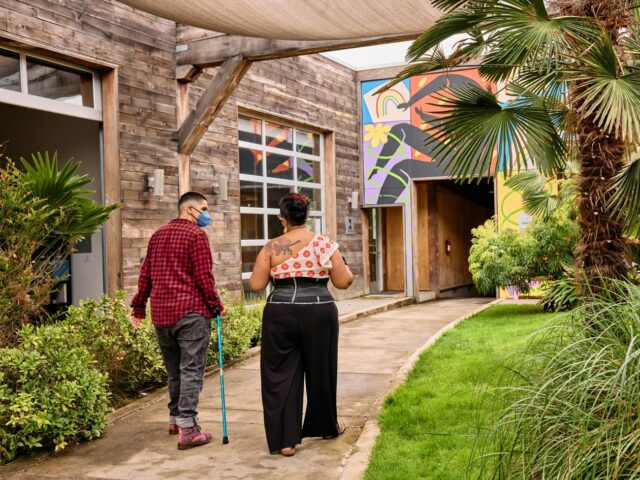A new ‘explainer’ from Understanding Society showcases research from charity PBE which says the £28 billion annual bill for disability benefits creates £42bn in positive effects.
The report, More than money: The lifelong wellbeing impact of disability benefits, used Understanding Society to look at changes in wellbeing over time in people who received disability benefits compared to others who did not get them even though they may have been eligible.
It found that in the year to July 2024, there were 3.5 million people in the UK receiving disability benefits such as Personal Independence Payment (PIP) and Disability Living Allowance (DLA). The payments add up to £28 billion a year, helping disabled people to cover their extra living costs.
The research from PBE set out to examine whether disability benefits have a significant difference on the wellbeing of those who get them. On average, disabled people in the UK report lower life satisfaction than non-disabled people. The report found that getting disability benefits improves life satisfaction significantly and the effect becomes stronger over time.
Using HM Treasury’s guidance on calculating a monetary value for wellbeing, PBE worked out that the improvement in wellbeing represented the same as would be seen from an increase in income of £12,300. Multiplying this by the number of people currently receiving disability benefits gave them an overall figure for wellbeing benefits of £42 billion.
The charity concluded that that restricting access to disability benefits would have a significant negative effect on physical and mental health, and overall wellbeing: “The government should instead focus on reforming access by a more streamlined and supportive process for accessing disability benefits.”
Informing PolicyHealth and wellbeingIncome and expenditurePolitics and social attitudes



